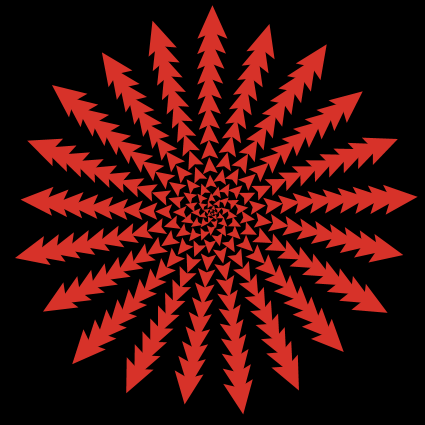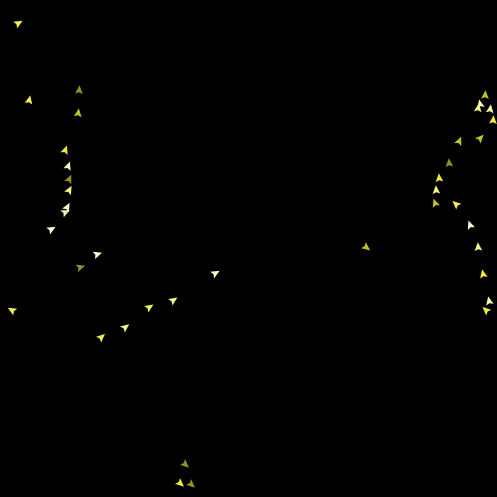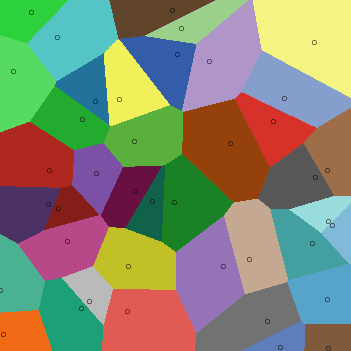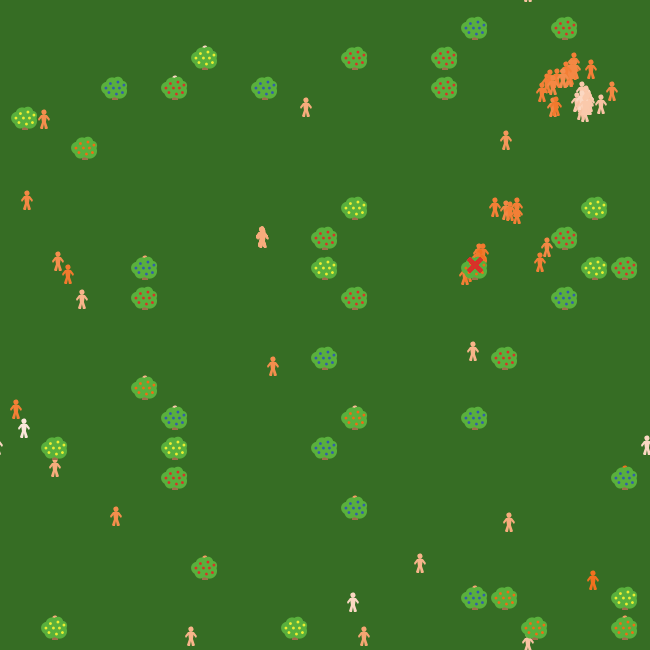mod
mod is a mathematics primitive that completes the modulo operation, which takes two numbers, divides them, and returns the remainder. For example, 17 mod 7 would report 3 because $17 = 2 * 7 + 3$.
mod is very useful in some interesting NetLogo modeling applications such as creating grids. For example, the following code would create a checkerboard pattern like a chess board:
ask patches [
if (pxcor + pycor) mod 2 = 1 [
set pcolor white
]
]
Things to keep in mind when using mod:
modworks with floating point numbers, too. For example,5 mod 1.5would report 0.5.- Using
modwith negative numbers may be counterintuitive. For example, while5 mod 3would report 2,5 mod -3would report -1.
In the model example below, we use mod to create a maze in which 3 mice compete for the pieces of food scattered around randomly. Without mod, creating this maze would be extremely tedious.
Try it Yourself
What's next?
Once you mastered the mod primitive, don't stop there. Check out the resources below to improve your NetLogo skills.



